Journalists rebel against Walkley Awards ‘virtue signalling’
Calls to boycott the Walkley Awards because of the event’s links to petroleum company Ampol have met a growing backlash from the nation’s top journalists.
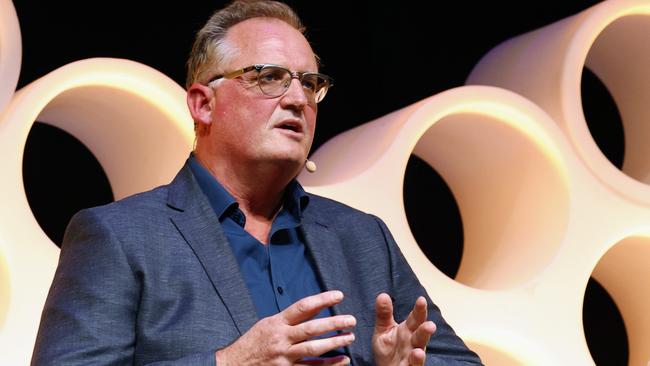
Calls to boycott the Walkley Awards because of the event’s links to petroleum company Ampol have met a growing backlash from the nation’s top journalists, with eight-times Walkley winner Hedley Thomas urging colleagues to stand up for the awards “lest our craft be further undermined by knee-jerk activism”.
The Australian’s national chief correspondent added his voice to the debate after legendary political correspondent Laurie Oakes branded the boycott – proposed by a group of cartoonists – as “white-anting” that would further undermine public trust in journalism.
Other cartoonists, including the Herald Sun’s Mark Knight, The Daily Telegraph’s Warren Brown and The Australian’s Johannes Leak, have slammed the boycott. “The custodians of the journalism awards should not be cowed,” said Thomas, who has twice been a member of the Walkley judging board.
“There will be no end to demands from activists if they sense weakness in the Walkley Foundation and leadership team.
“Those who are currently attacking the Walkley Awards for having been supported by ‘fossil fuel’ companies deserve, in absentia, a new gong – Most Hollow Virtue Signalling – at the 2023 event in Sydney in November.
“Our annual celebrations of journalism are always bleary, but I can’t recall seeing a bicycle rack outside the Walkleys, nor any of the current critics pedalling there in past years.
“If they came and went in a fossil-fuel-powered vehicle, how do they sleep at night?”
The veteran journalist’s eight Walkley awards include two Gold Walkleys; the first in 2007 for his investigations into the fiasco surrounding the Australian Federal Police investigations of doctor Mohamed Haneef, and the second in 2018 for his podcast The Teacher’s Pet, investigating the 1982 murder of Sydney mother Lynette Dawson.
Hedley, who also last year won the Walkley Award for Investigative Journalism for Shandee’s Story, asked that it be disclosed that he was the communications manager for a gas company for two years from 2008 and had shareholdings in “fossil fuel” companies.

The controversy began after a group of cartoonists called for a boycott because petroleum company Ampol is a platinum sponsor of the awards.
The cartoonists include The Australian Financial Review’s David Rowe, The Age’s Matt Golding, The Guardian’s First Dog on the Moon, The Mercury’s Chris Downes, and Fiona Katauskas, Glen Le Lievre, David Blumenstein and Andrew Weldon.
The Sydney Morning Herald and Age cartoonist Cathy Wilcox and Canberra Times cartoonist David Pope have also raised their concerns about the Ampol sponsorship.
The Walkley Foundation has announced it is reviewing its sponsorship policy and issued an apology at the weekend for “racist views” held by the event’s founder, New Zealand-born oil baron Sir William Gaston Walkley, who expressed concern in the Herald 62 years ago that Australia could “cease to become a white man’s country”.
Former Walkleys board member and ex-ABC journalist Quentin Dempster said that if he was back on the board he would canvass the issue widely, but that his personal view was that the Walkleys should no longer take fossil fuel sponsorship money.
Dempster, who now works as a freelance journalist, said he wouldn’t boycott the Walkeys but would advocate that the foundation withdraw from fossil fuel sponsorship “because this raises the issue of greenwashing and influence peddling – it sanctifies the brand”.
However, he was against any move to change the name of the Walkleys.
“Bill Walkley, as I understand it, accepted that journalism was about the truth – including truth that might be embarrassing to Ampol; he accepted the criteria for what journalism meant in a democracy,” Dempster said.



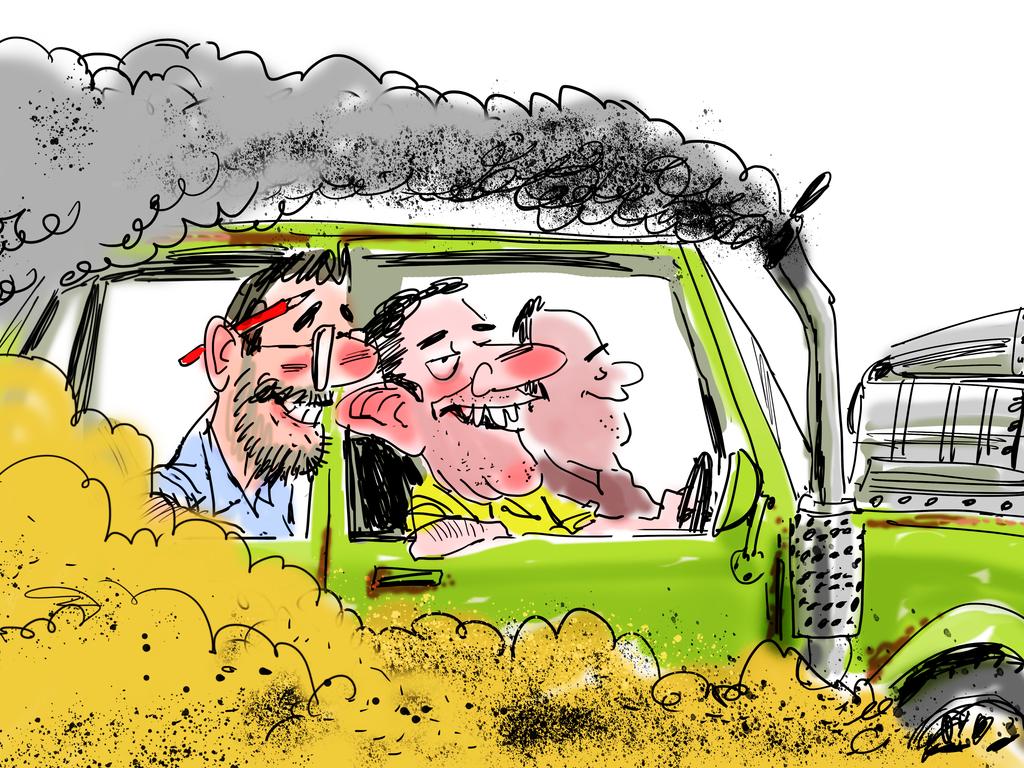
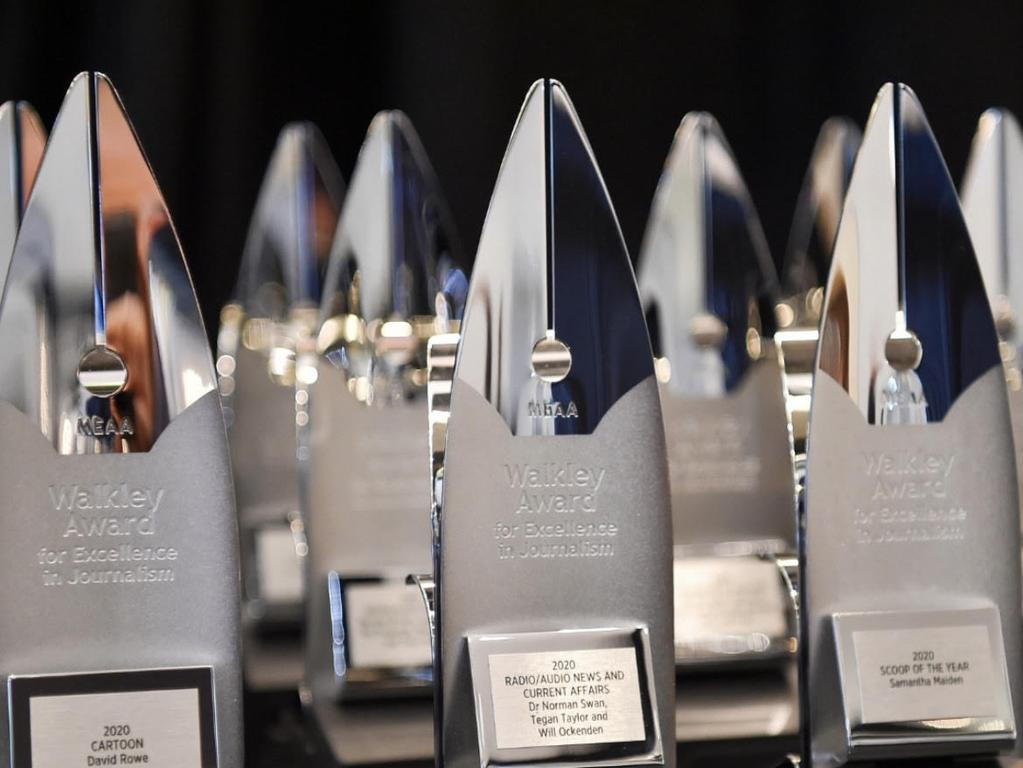

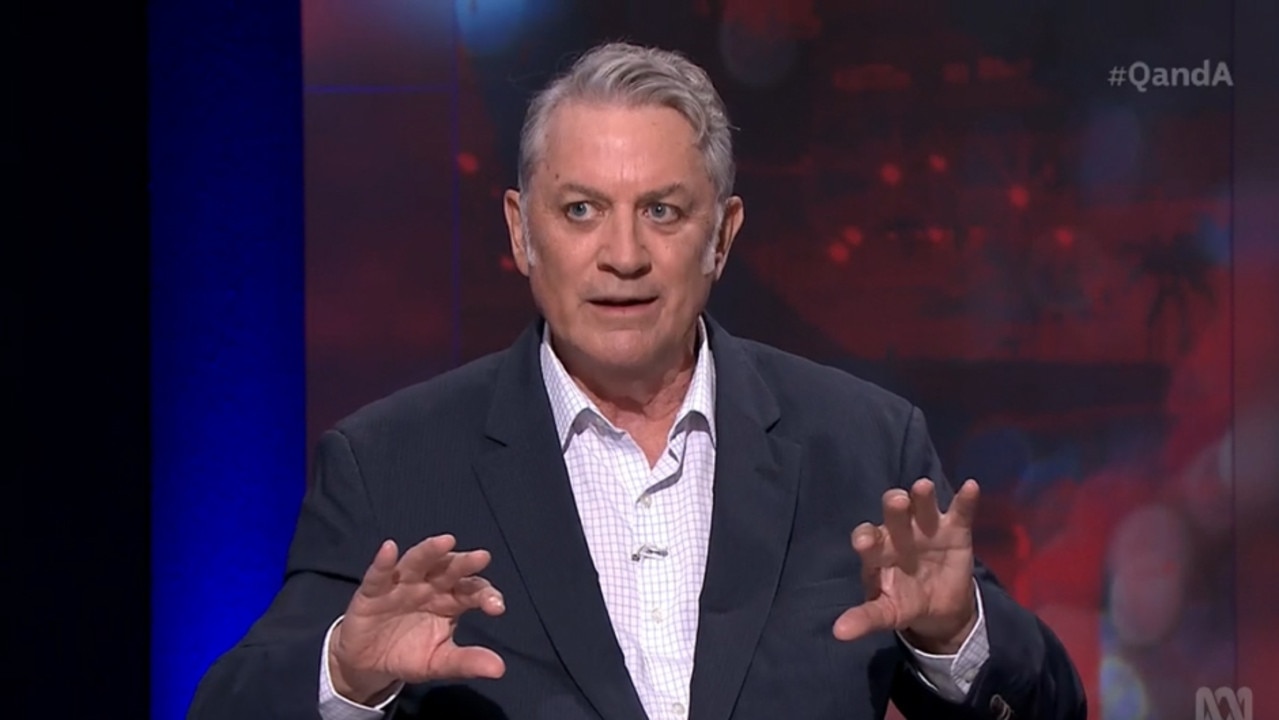
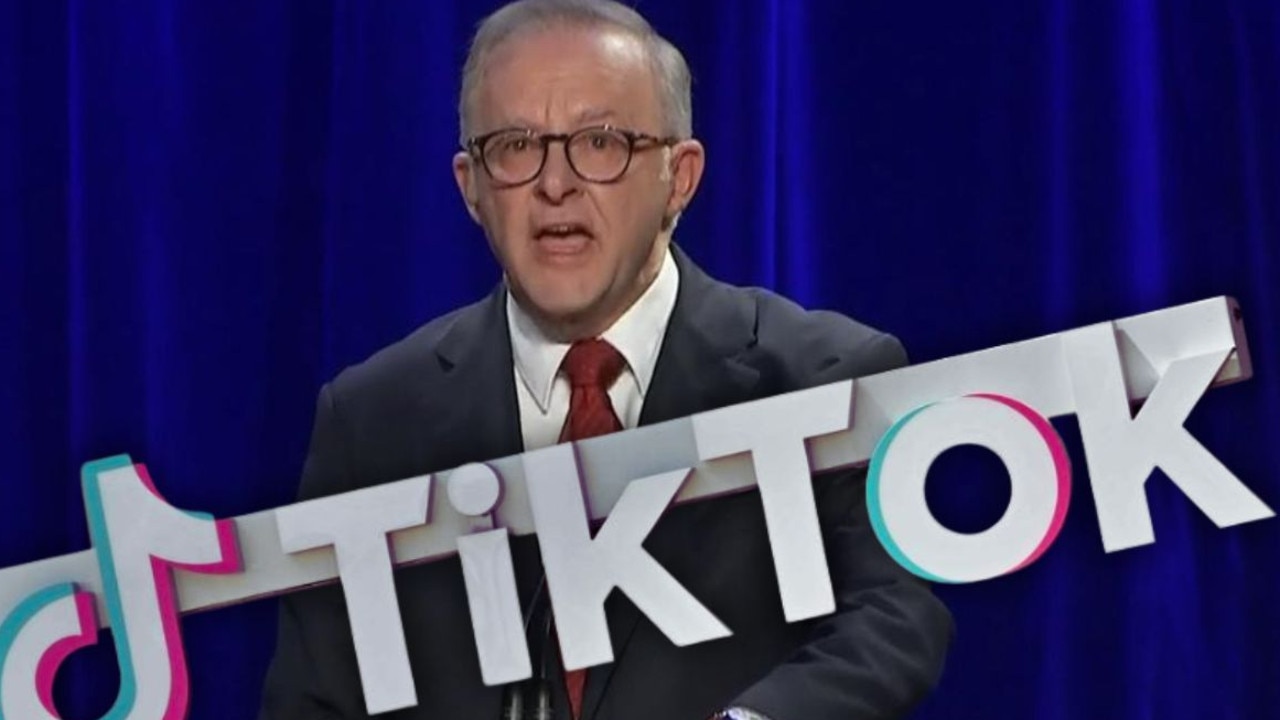
To join the conversation, please log in. Don't have an account? Register
Join the conversation, you are commenting as Logout